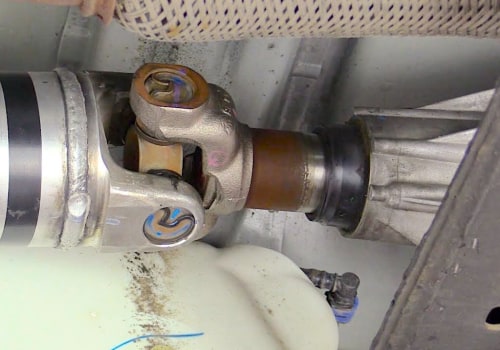If the belt starts to move, it will have stretched. If it fluctuates or. A faulty timing belt can cause a myriad of symptoms, such as unusual noises coming from under the hood, engine ignition failures, and poor engine performance. In most cases, if the timing belt fails, the motor will not work at all and cannot be restarted without replacing the timing belt distribution.
In vehicles with interference motors, a fault in the timing belt can cause catastrophic damage. We should keep in mind that some motors have a timing chain instead of a timing belt, but they work the same way. Other symptoms of a faulty timing belt may include ticking or jingle noises coming from the front of the engine, the ignition of the engine control light, and excessive engine vibrations. Although not as well known as other parts, such as the transmission, brakes or shock absorbers, the timing belt is a fundamental component that requires attention.
If you hear a ticking sound coming from your car's engine, there may be a serious problem with the timing belt. Your vehicle's timing belt is attached by a series of pulleys that go to the engine's crankshaft and camshaft. The crankshaft powers the engine's connecting rods, which are attached to the pistons inside the combustion chamber. The camshaft, on the other hand, drives the set of cylinder head valves and rockers, which send fuel to the combustion chamber.
The expelled gases then exit through the exhaust manifold. When the car's timing belt begins to wear out, a tictac may occur inside the engine. This could also be an indication of low oil pressure. A worn timing belt may look like the motor has lost its charm.
If your drive feels slow, you have a hard time accelerating, or you just don't have the energy it used to, a faulty timing belt could be the culprit. As the belt stretches and wears out, it cannot maintain the precise timing necessary for optimal engine performance. This can cause a significant decrease in power and acceleration, depriving the vehicle of its usual responsiveness. Ignoring this signal can worsen the damage and lead to a total failure of the timing belt and a costly engine repair.
The cost of replacing the timing belt can vary due to several factors, such as the make and model, the cost of replacement parts, and the age of the vehicle.











